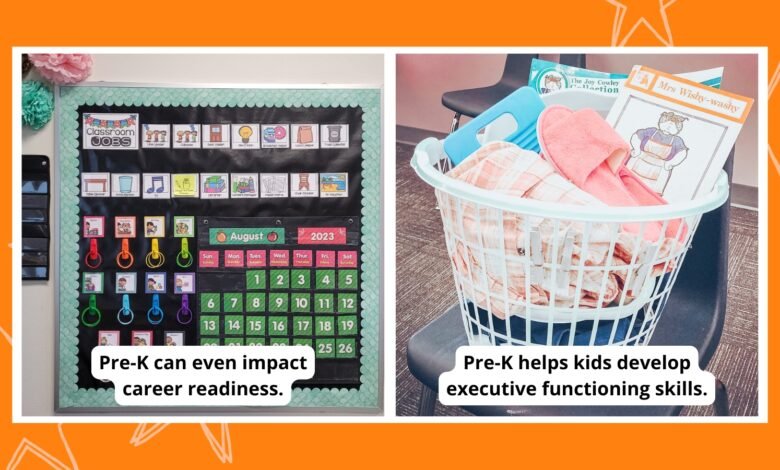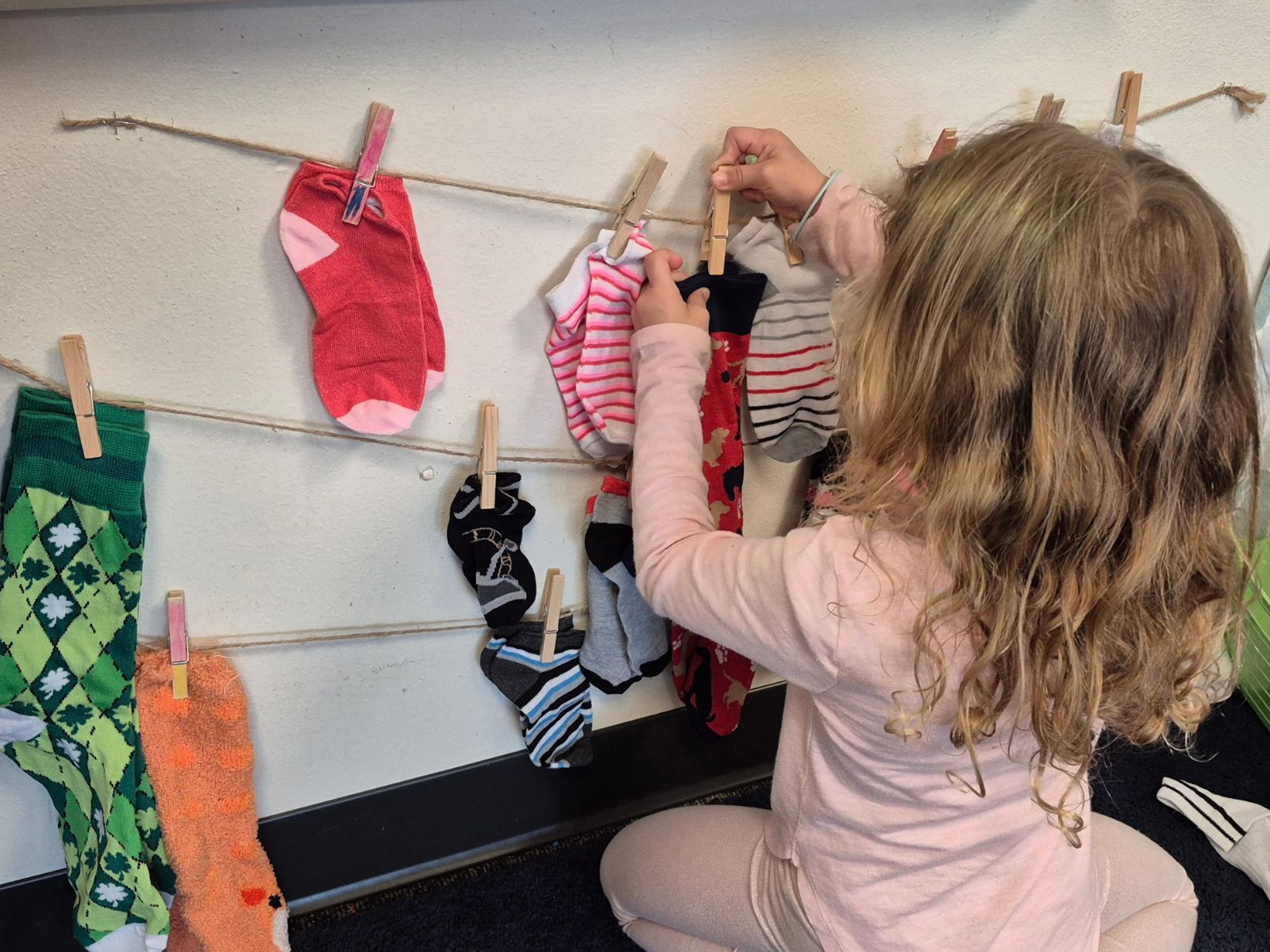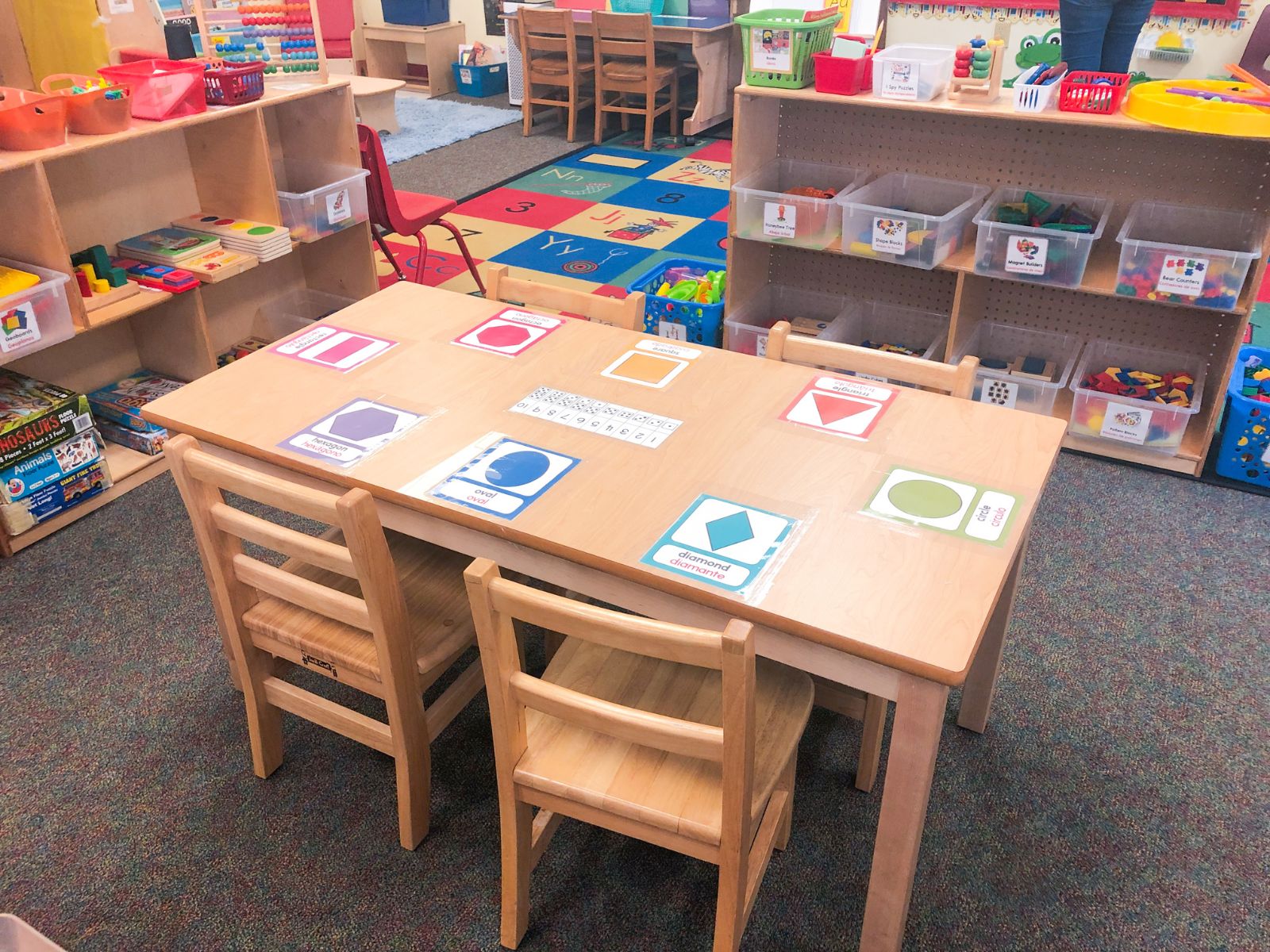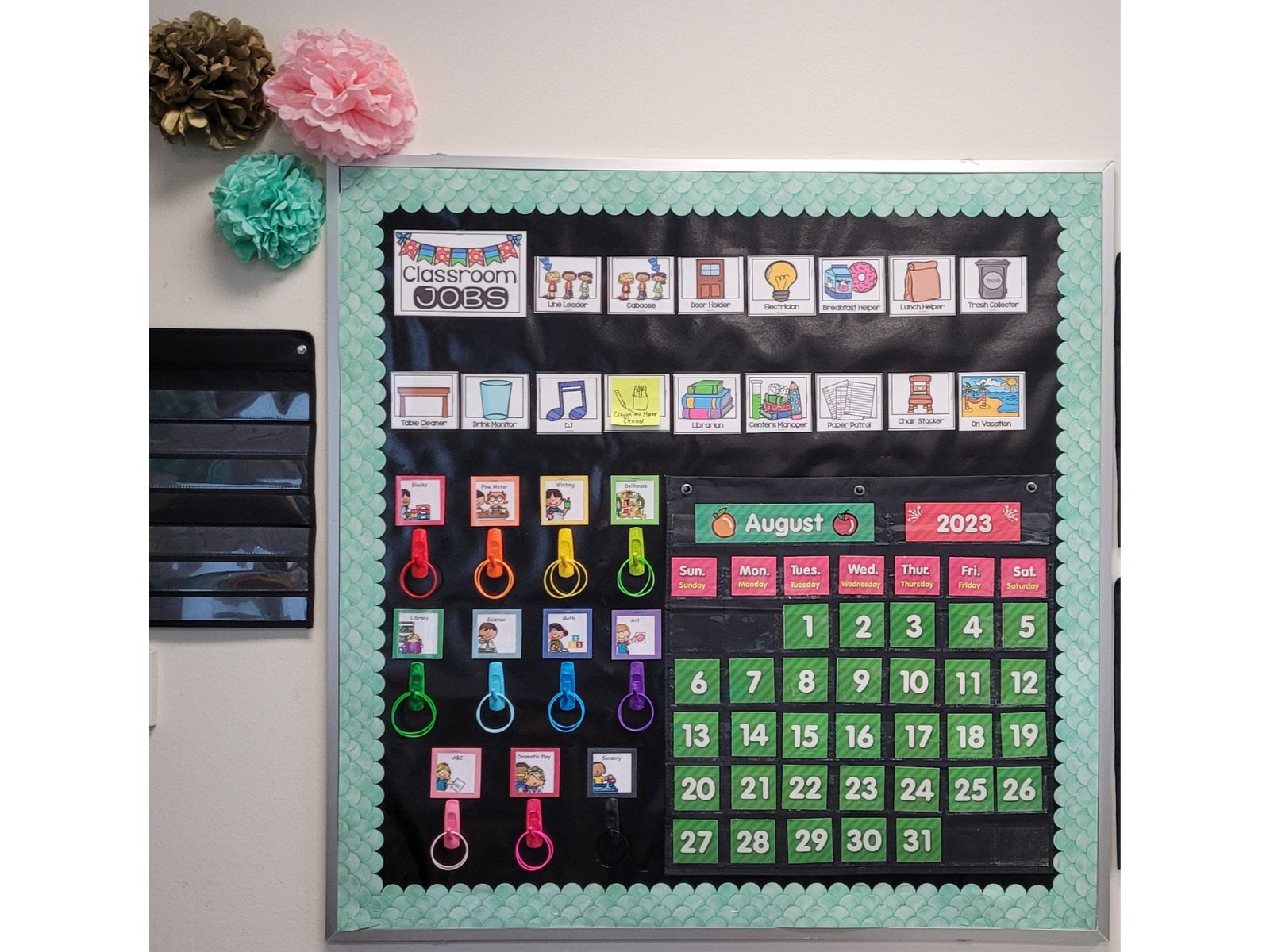5 Reasons Pre-K Funding Matters Now More Than Ever

Investing in high-quality early childhood learning programs is crucial for preparing children for both school and future careers. Research shows that pre-K programs improve academic outcomes and support long-term success, including college and career readiness. Despite these benefits, early learning programs are often the first to face budget cuts, with some even closing down. To secure our children’s educational future, we need pre-K funding to receive the attention it deserves.
1. Pre-K sets kids up for success in later grades

Ask any elementary teacher and they’ll tell you they can spot kids who attended a quality pre-K program. But ask a parent if quality programs are affordable, and the answer may be quite different—especially depending on where they live. Research consistently shows that children who attend pre-K score higher on tests and develop better literacy and math skills. Pre-K funding is vital to ensure every child is set up for success in every grade that follows.
2. Pre-K helps close the achievement gap

Prekindergarten provides children from under-resourced backgrounds with access to enriching learning environments that support their early cognitive development. For many children in low-income families, pre-K teaches vital early learning skills that may not develop at home. Additionally, pre-K programs typically employ trained educators who use research-based teaching strategies to support young children’s development. High-quality teaching is essential in ensuring that all children receive the support they need to thrive academically, regardless of their socioeconomic background.
3. Pre-K boasts huge economic benefits

Scientists say that brain development from birth to age 5 is the most critical period for learning, making early childhood education a smart investment. Studies show that it leads to cost savings through reduced special education needs, better health, and lower crime rates. A well-educated workforce also boosts the economy. With many parents working, pre-K provides a safe space for children to develop essential skills while supporting their future success as skilled, productive workers.
4. Pre-K helps kids develop executive functioning skills

In today’s fast-paced world, successful adults need strong executive functioning skills. These important skills, like working memory, inhibitory control, cognitive flexibility, and self-regulation, begin to develop in infancy. Executive functioning in the brain continues to strengthen through childhood, adolescence, and into early adulthood. However, the foundation for these skills is laid in the first five years of life, precisely when children are eligible for pre-K. Pre-K gives children the chance to develop these skills through learning from skilled teachers and interacting with peers.
5. Pre-K can even impact career readiness

Educational studies consistently show that children who attend high-quality pre-K programs are more likely to excel in elementary and secondary school, graduate high school, and pursue higher education. Pre-K lays the groundwork for academic success, giving children a head start that they might not have had otherwise. It fosters curiosity, independence, and a love for learning that lasts a lifetime.
Investing in high-quality pre-kindergarten programs is not just an educational priority—it’s a vital economic and social necessity. The long-term benefits of early childhood education make it one of the smartest investments society can make. To build a more equitable and thriving future, we must prioritize funding for early learning, ensuring every child has the chance to reach their full potential from the very beginning of their academic journey.
Have you seen the impact of quality pre-K funding on your students? Come and share in the We Are Teachers Helpline group on Facebook!
Plus, get all the latest teaching tips and ideas when you sign up for our free newsletters!
Source link




